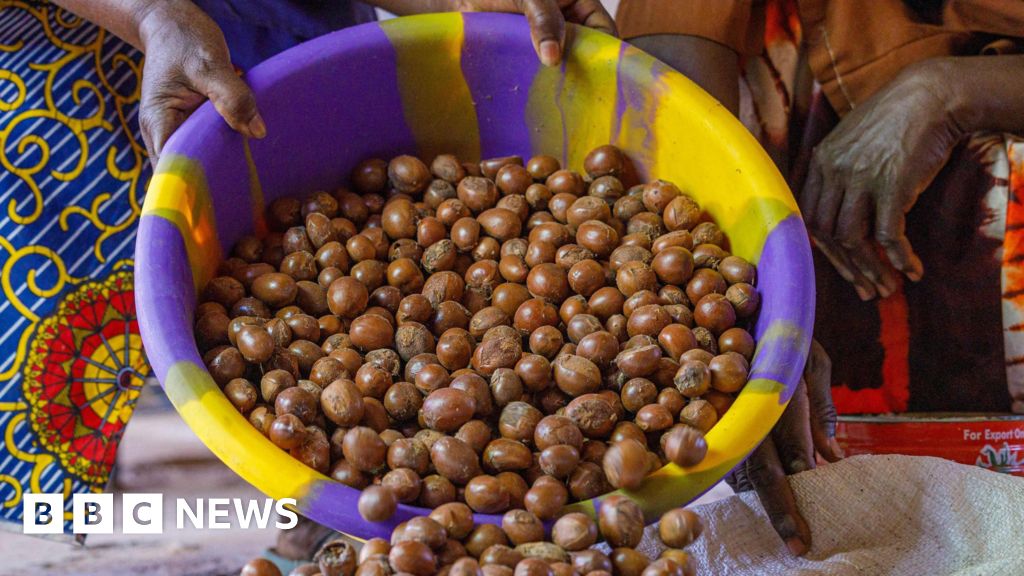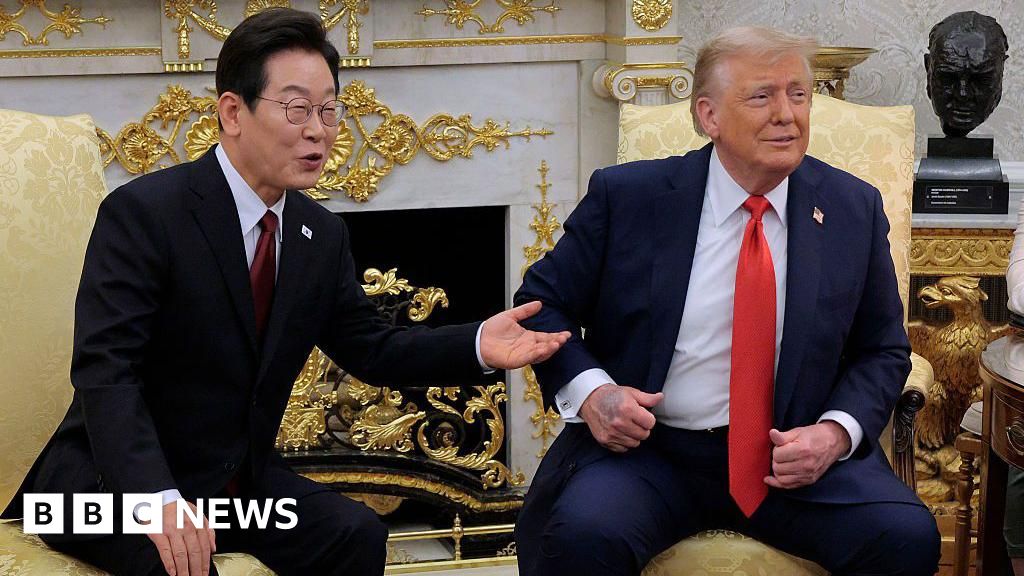In a game-changing development in Nigerian politics, key opposition leaders Atiku Abubakar and Peter Obi have announced their joining of forces under the banner of the African Democratic Congress (ADC). This coalition seeks to challenge President Bola Tinubu's ruling All Progressives Congress (APC) in the next electoral contest, marking one of the most significant political realignments since the military era ended in 1999.
Both politicians, who previously ran for election under the Peoples Democratic Party (PDP) and the Labour Party (LP), made this strategic decision amid concerns about a divided electorate leading to repeated victories for Tinubu, who won the last election with just 37% of the vote while Abubakar and Obi garnered 29% and 25%, respectively.
During the launch event for the ADC, interim chairman David Mark emphasized the importance of safeguarding Nigeria's democracy and stated the necessity of preventing the country from devolving into a one-party state. The move also highlights internal struggles within both the PDP and LP, which have been marred by crises believed to be exacerbated by external influences.
According to political analyst Shehu Iliyasu, Abubakar and Obi are acting on lessons learned from the last election cycle. "They realized they could have achieved victory had they joined forces," he asserted. Their collaboration titles them as the leading figures in the newly formed ADC, with Abubakar expected to launch a fifth presidential bid, potentially selecting Obi as his vice-presidential candidate.
Political experts suggest that this coalition may present a stronger challenge to Tinubu than previously witnessed. Analyst Ben Kenneth noted, "The data from the last election indicates that a united front could lead to a different outcome." However, experts like Sani Hamisu caution that incumbency often affords an advantage; Tinubu, having been in office, may be better positioned for re-election.
The APC, on the other hand, remains unperturbed by the new coalition, with acting chairman Ali Bukar Dalori dismissing any perceived threat and asserting that the opposition lacks relevance outside of urban centers. Meanwhile, both the PDP and LP have rejected the idea of forming a coalition with ADC, choosing to operate independently in the forthcoming election.
This pivotal moment in Nigerian politics raises questions about unity among opposition factions and the potential impact on the upcoming elections, as many analysts await to see how the ADC coalition will leverage its newfound alliance against a seasoned incumbent.






















